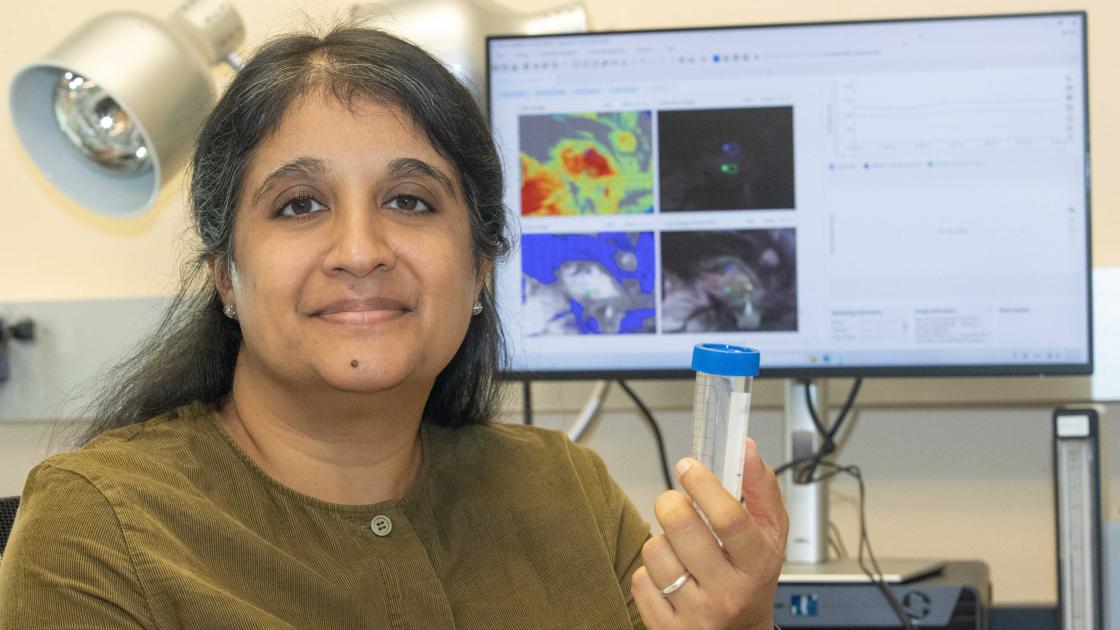
Planting the Seed: Using Trauma-informed Care
by Jan Hill-Jordan, PhD
“Start where you are. Use what you have. Do what you can.”
- Arthur Ashe
If an audience standing in a conference room is asked, “If you or anyone in your family was a victim of child abuse, sit down,” a few people would sit down.
“If you know someone who was a victim or perpetrator of domestic violence, sit down” – a few more people would sit down.
“Did a friend or family member commit suicide? Please sit down.”
“If someone you know was murdered, sit.”
Eventually, nearly everyone would be sitting. Experiences with violence are widespread and the impacts can devastate individuals and even entire communities.
Violence that culminates in death represents the furthest point along a continuum from verbal abuse and abusive behaviors to threats of violence to physical battering. However, approaches to prevention and intervention have traditionally been piecemeal and address a specific form of violence, such as mandatory child abuse reporting laws or anti-bullying school programs. Most health care professional ethics promote or require a proactive response to intimate partner violence (IPV). Under Illinois law, “Any person who is licensed, certified or otherwise authorized by the law of this State to administer health care in the ordinary course of business or practice of a profession shall offer to a person suspected to be a victim of abuse immediate and adequate information regarding services available to victims of abuse” (750 ILCS 60/401). However, efforts within health care systems to incorporate screening and services for patients experiencing violence have met with well-documented challenges at the institutional and provider levels. Research suggests that a multifaceted, systems-level approach produces the best outcomes for survivors.
Trauma-informed care (TIC) offers a holistic response to violence and trauma, building on research related to individual risk factors (particularly the Adverse Childhood Experiences studies), research on IPV screening, and the hard lessons learned from 50 years of victim advocacy. TIC is marked by a fundamental paradigm shift from “What is wrong with you?” to “What has happened to you, and how can we help you heal?” It is the individual’s experience of the event, not necessarily the event itself, that is traumatizing.
TIC recognizes that trauma is common across providers and patients. This can affect both the extent to which patients engage with treatment, but also how providers approach patients who disclose trauma. Our trauma experiences can also affect how we interact with colleagues who may be experiencing a violent event or traumatic memory.
Screening for specific trauma experiences, such as domestic violence, can be uncomfortable for both providers and patients. When asked in a way that sounds judgmental, the patient can feel pushed away or embarrassed. Alternatively, the provider can assume a history of trauma and provide universal education regarding the relationship between trauma and physical and emotional health. Universal education is designed to educate patients about trauma, relationship red flags, activities to help healing, and basic safety planning, in a nonthreatening manner. This approach, offered by Futures Without Violence, provides an opening for the patient to engage in further discussion, if they wish. Thus, universal education is integrally linked to an institutional infrastructure that facilitates meeting patients where they are with regard to their psychological and physical safety.
Health care professionals enter their professions with the goal of helping people achieve better health. In the case of survivors of violence, the “goal” of having the patient leave a violent situation may not be feasible at that moment. What we can achieve through trauma-informed care is to plant the seed that no one deserves abuse and that help is available when the person is ready. Changes in institutional culture and changes in practice revolve around each other in a complex dance. As individual providers change their practice, the culture changes. As the institution invests in infrastructure and training, individual practice changes. The goal is to create a safe space for both patients and colleagues to confront their trauma experiences and move toward a healthier future.
Trauma-informed care (TIC) uses an ecological framework that encourages culture and infrastructure changes at the institutional level, combined with individual-level practice change. Best practices in TIC are coalescing around an institutional-level response that includes the following:
- Creating a safe and welcoming physical environment; using welcoming language on signage
- A clinic environment that conveys a message that the patient can address violence and trauma with the provider; brochures and posters; perhaps a video playing in the waiting room addressing themes of trauma and health
- Universal education for all patients regarding the relationship between trauma and health, combined with an interdisciplinary team approach that provides seamless provision of services to high-risk patients (e.g., integrating primary care and behavioral health)
- Training providers to sensitively and safely ask high-risk patients about current violence and to recognize high-risk situations (for example, bruising, suicide threats, access to firearms by a perpetrator)
- Training all staff (clinical and nonclinical) upon hire and at regular intervals to facilitate TIC with both patients and one another
- Creating and encouraging a culture of staff wellness and educating staff members about vicarious trauma, burnout and the importance of self-care
- Creating policies and procedures for patient emergencies (such as a suicide threat) and shielding confidential information from the perpetrator
- Building partnerships with community-based agencies to facilitate “warm” referrals to domestic violence advocacy and other social services



